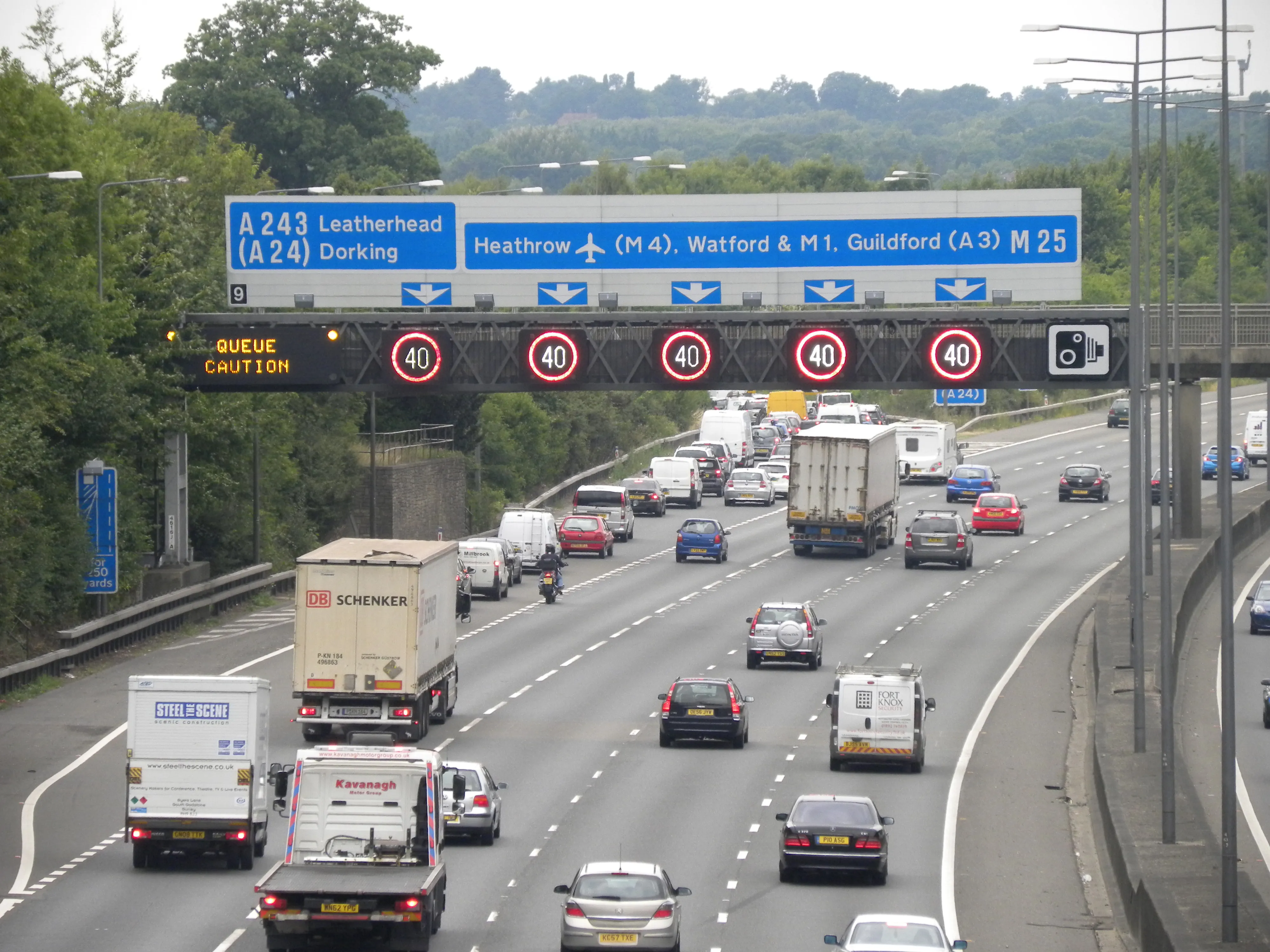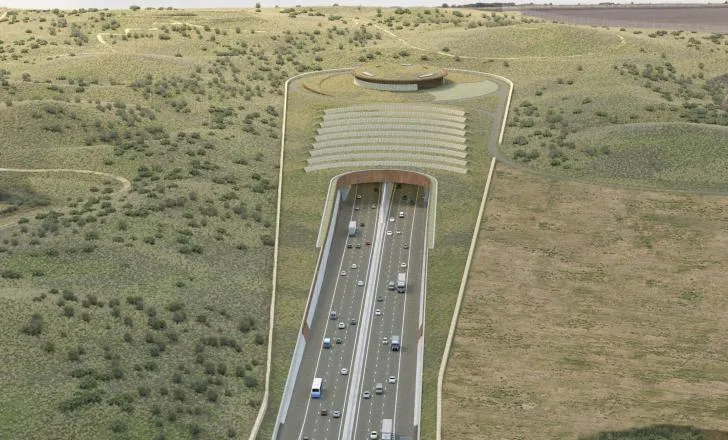Britain’s Civil Engineering Contractors Association has warned of declining infrastructure workloads despite indications that the UK is climbing slowly out of the global economic downturn.
The slump in infrastructure workloads is a “surprise”, according to a statement by the CECA.
The CECA survey of companies that build and maintain the UK’s vital transport and power networks also comes just as the government launched the National Infrastructure Commission to oversee more than €140 billion of spending o
November 11, 2015
Read time: 3 mins

Britain’s Civil Engineering Contractors Association has warned of declining infrastructure workloads despite indications that the UK is climbing slowly out of the global economic downturn.
The slump in infrastructure workloads is a “surprise”, according to a statement by the2993 CECA.
The CECA survey of companies that build and maintain the UK’s vital transport and power networks also comes just as the government launched the National Infrastructure Commission to oversee more than €140 billion of spending on infrastructure projects.
The Civil Engineering Contractors Association’s Workload Trends Survey for 2015 Q3 shows that just 7% of firms reported that workloads had increased, the lowest percentage since the second quarter 2013.
It found that declines in workloads were reported in local roads (-24%), motorways and trunk roads (-12%), water and sewerage (-22%) and railways (-18%).
While the rapid growth seen since 2013 cooled slightly in early 2015, this is the first real warning of a potentially more serious slowdown in the sector, said CECA chief executive Alasdair Reisner.
“These results raise concerns for the Government’s growth agenda,” he said. “We have seen this week that a sluggish construction sector is acting as a drag on Britain’s GDP. This is despite the government’s stated aim of investing in infrastructure to drive growth in the economy.
“By now we would expect to see strong growth, particularly in relation to planned investment in road and rail to meet future capacity demand. The fact that workloads are now falling in both these bellwether sectors show that the industry is not yet firing on all cylinders,” said Reisner.
Publication of the CECA survey came on the same day that the government officially launched the National Infrastructure Commission that will review spending on “vital projects" such road, rail and flood defence improvements.
"This is about jobs, growth, living standards and ensuring Britain is fit for the future," said Chancellor George Osborne, the UK’s finance minister.
The CECA welcomed the creation of the Commission and will support its work. “We have long called for a long-term strategy to ensure the UK’s infrastructure truly meets the expectations of business and the general public,” said Reisner.
“The Commission will be able to analyse the strategic opportunities and challenges facing the UK, identify the best way to respond and then ensure projects are delivered on time and on budget.”
The slump in infrastructure workloads is a “surprise”, according to a statement by the
The CECA survey of companies that build and maintain the UK’s vital transport and power networks also comes just as the government launched the National Infrastructure Commission to oversee more than €140 billion of spending on infrastructure projects.
The Civil Engineering Contractors Association’s Workload Trends Survey for 2015 Q3 shows that just 7% of firms reported that workloads had increased, the lowest percentage since the second quarter 2013.
It found that declines in workloads were reported in local roads (-24%), motorways and trunk roads (-12%), water and sewerage (-22%) and railways (-18%).
While the rapid growth seen since 2013 cooled slightly in early 2015, this is the first real warning of a potentially more serious slowdown in the sector, said CECA chief executive Alasdair Reisner.
“These results raise concerns for the Government’s growth agenda,” he said. “We have seen this week that a sluggish construction sector is acting as a drag on Britain’s GDP. This is despite the government’s stated aim of investing in infrastructure to drive growth in the economy.
“By now we would expect to see strong growth, particularly in relation to planned investment in road and rail to meet future capacity demand. The fact that workloads are now falling in both these bellwether sectors show that the industry is not yet firing on all cylinders,” said Reisner.
Publication of the CECA survey came on the same day that the government officially launched the National Infrastructure Commission that will review spending on “vital projects" such road, rail and flood defence improvements.
"This is about jobs, growth, living standards and ensuring Britain is fit for the future," said Chancellor George Osborne, the UK’s finance minister.
The CECA welcomed the creation of the Commission and will support its work. “We have long called for a long-term strategy to ensure the UK’s infrastructure truly meets the expectations of business and the general public,” said Reisner.
“The Commission will be able to analyse the strategic opportunities and challenges facing the UK, identify the best way to respond and then ensure projects are delivered on time and on budget.”








